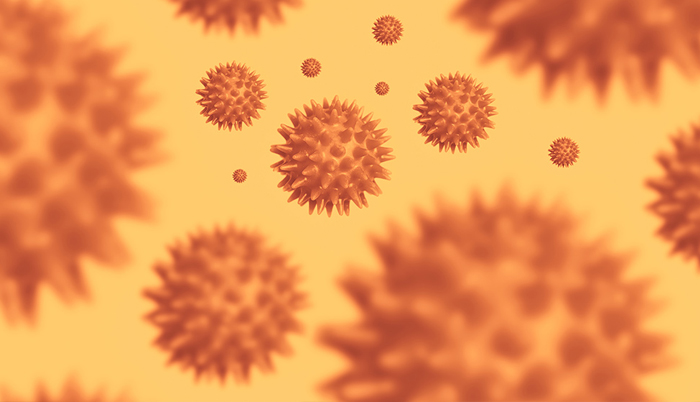![]() Home > Health
Home > Health
Coronavirus Immunity May Last For At Least Six Months After Infection

![]() December 8th, 2020 | 15:30 PM |
December 8th, 2020 | 15:30 PM | ![]() 250 views
250 views
NATURALNEWS
COVID-19 reinfection is highly unlikely for at least six months after the last infection, according to a study by researchers from the University of Oxford in the United Kingdom.
The study, published on Nov. 19 as a pre-print, offers valuable insight into COVID-19 immunity that has so far stumped scientists. The findings also confirm that infection provides short-term protection, at least, from reinfection, added co-author Katie Jeffery, director of infection prevention and control for Oxford University Hospitals NHS Foundation Trust.
The study claims to be the first large-scale research on the protection that people get against reinfection after contracting the coronavirus.
Reinfection unlikely for at least six months
There is growing optimism that a COVID-19 vaccine will help bring an end to the pandemic. In the meantime, health experts are investigating whether or not COVID-19 patients can be reinfected with the virus again. The answer to this question has immense implications for frontline healthcare workers who face a heightened risk of contracting the virus.
To this end, the researchers tested 12,180 healthcare workers employed at Oxford University Hospitals over a 30-week period between April to November 2020. Workers were tested for antibodies to the virus that causes COVID-19 to determine who had previously been infected.
During the 30-week period, 89 of 11,052 workers without antibodies developed a new infection and displayed symptoms. Meanwhile, none of the 1,246 workers with antibodies developed a new symptomatic infection.
Furthermore, 76 workers without antibodies developed a new asymptomatic infection. In contrast, only three workers with antibodies developed a new asymptomatic infection over the study period. These results suggest that workers with antibodies are also less likely to test positive for COVID-19 without symptoms.
Overall, the findings showed that workers without antibodies were likely to test positive for the virus, whereas workers with antibodies were unlikely to test positive again within 30 weeks following their previous infection.
“We know from a previous study that antibody levels fall over time,” said co-author David Eyre, a professor of infectious diseases at the University of Oxford. But this latest study indicates that there is immunity in people who have been infected.
Eyre said they will continue to follow the cohort of staff to see how long the immunity will last and whether or not a previous infection affects the severity of a new infection in case a person does get the infection again.
Nonetheless, Eyre and his colleagues said that their findings should offer some reassurance to the millions of confirmed COVID-19 patients around the globe.
T cells may protect against COVID-19
Early this month, a study conducted by Oxford Immunotec Global PLC, a US-based diagnostics company, and Public Health England, a top agency of the Department of Health and Social Care in the UK, showed that high levels of certain white blood cells that respond to the coronavirus might provide long-term immunity from the virus.
The findings, which also appeared online as a pre-print, showed that those white blood cells, which are known as T cells, can outlast the initial response of antibodies. Of the nearly 3,000 people included in the study, none with a high T cell response developed a symptomatic COVID-19 infection upon follow-up.
The researchers also found 20 confirmed infections among those with low T cell responses. Interestingly, they found that levels of T cells responsive to the COVID-19 virus declined with age, which might explain why older populations face a greater risk of contracting the disease.
Overall, the findings indicate that T cells play an important role in one’s immune response to the coronavirus. Given this new knowledge, COVID-19 tests that detect antibodies alone might be insufficient for determining who among a given population is at a greater or lower risk of contracting the coronavirus.
Source:
courtesy of NATURALNEWS
by Divina Ramirez
If you have any stories or news that you would like to share with the global online community, please feel free to share it with us by contacting us directly at [email protected]